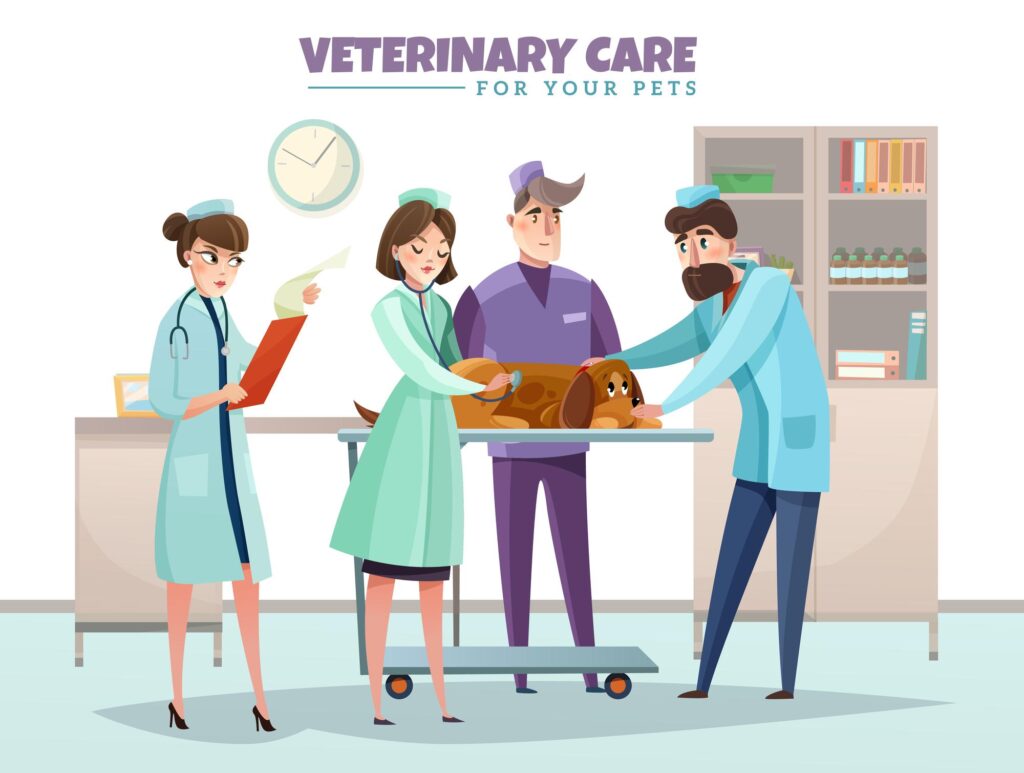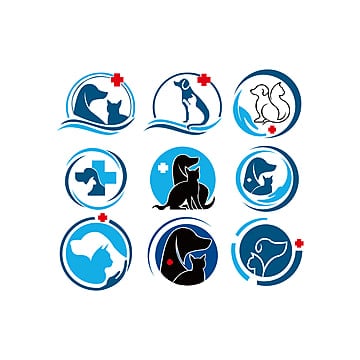BVSc & AH Course Skills
The BVSc & AH (Bachelor of Veterinary Science & Animal Husbandry) course equips students with a range of essential skills for veterinary practice and animal care. Here are some of the key skills developed during the course:
Animal Diagnosis and Treatment: Animal diagnosis and treatment involve identifying diseases in animals through careful examination, lab tests, and medical imaging.
Surgical Skills: Surgical skills in veterinary science involve performing procedures such as spaying, neutering, and emergency surgeries.
Animal Husbandry: Animal husbandry focuses on the care, breeding, and management of livestock to enhance their health and productivity.
Veterinary Pharmacology: Veterinary pharmacology is the study of drugs used to treat diseases in animals. It involves understanding how different medications work, their proper dosages, side effects, and interactions, ensuring safe and effective treatment for various animal health conditions.
Clinical Pathology: Clinical pathology in veterinary science involves analyzing animal tissues, blood, and bodily fluids to diagnose diseases.

Animal Nutrition: Animal nutrition is crucial for maintaining the health and productivity of various species. Moreover, understanding the specific dietary needs of animals ensures they receive the right balance of nutrients, which helps prevent diseases and supports overall well-being.
Public Health: Public health in veterinary science focuses on the intersection of animal health and human health, addressing the prevention of zoonotic diseases that can be transmitted from animals to humans.
Reproduction & Genetics: Reproduction and genetics in veterinary science involve the study of animal breeding, reproduction processes, and genetic principles to enhance desirable traits in livestock and companion animals.
Emergency Care: Emergency care in veterinary medicine is essential for addressing life-threatening situations and stabilizing animals in critical condition. Additionally, quick and effective interventions can significantly improve survival rates and ensure the best possible outcomes for injured or ill animals.
Communication Skills: Communication skills are vital for veterinarians, as they must effectively convey important information to pet owners, farmers, and other stakeholders about animal health and treatment options.
Veterinary Ethics and Law: Knowledge of ethical considerations, legal frameworks, and animal welfare standards in veterinary practice.
These skills are vital for a successful career in veterinary science and animal husbandry, providing a comprehensive understanding of animal health, welfare, and management.
What is BVSc & AH Course?
Veterinary science and animal husbandry, or BVSc & AH, is a thorough undergraduate degree that aims to provide students with the fundamental information and abilities needed for veterinary medicine and animal care. A solid foundation in animal health is provided by the course’s broad coverage of topics, which includes anatomy, physiology, microbiology, and pharmacology. Apart from acquiring theoretical information, students receive practical training through hands-on experiences in farms and clinics, augmenting their comprehension of actual veterinary operations. Additionally, the curriculum places a strong emphasis on ethics and animal welfare, ensuring that graduates are equipped to handle current issues in the industry.
Students can customize their education to suit their interests by exploring disciplines like pathology, nutrition, and veterinary surgery as they move into more specialized areas. This adaptable curriculum thus equips students for a range of professional pathways, such as teaching, research, and veterinary practice. In order to further develop their knowledge, graduates might also pursue certificates or further education. A strong dedication to animal health and welfare is fostered by the BVSc & AH course, which is an engaging combination of theory and practice. All things considered, this curriculum is essential to meeting the growing need in modern society for knowledgeable veterinarians.
BVSc & AH Course Overview
BVSc & AH (Bachelor of Veterinary Science and Animal Husbandry) is a professional degree in veterinary science that focuses on animal health, treatment, and management. It prepares students to become qualified veterinarians, capable of diagnosing and treating animal diseases, managing livestock, and ensuring public health through safe animal products.
Course Duration
- 5.5 Years Total:
- 4.5 years of academic coursework
- 1 year of compulsory rotatory internship
Eligibility Criteria
- Academic Requirement:
- 10+2 (or equivalent) with Physics, Chemistry, Biology (and sometimes English) from a recognized board.
- Entrance Exams:
- Admissions are typically through entrance exams like the NEET (National Eligibility cum Entrance Test) or state-level veterinary entrance exams.
Core Subjects
The curriculum blends basic sciences, clinical sciences, and animal management.
Basic Sciences (Initial Years)
- Anatomy: Study of animal body structures
- Physiology: Functions of animal systems
- Biochemistry: Chemical processes in animals
- Pharmacology: Drugs and their effects on animals
- Microbiology: Study of microbes affecting animals
- Pathology: Diseases and their causes
Clinical Sciences (Advanced Years)
- Surgery & Radiology: Veterinary surgical techniques and imaging
- Medicine: Diagnosis, treatment, and prevention of animal diseases
- Obstetrics & Gynecology: Animal reproduction and neonatal care
- Veterinary Public Health: Zoonotic diseases and food safety
- Parasitology: Parasitic infections in animals
Animal Management
- Livestock Management: Dairy, poultry, and animal husbandry
- Nutrition: Dietary requirements and feeding practices
- Animal Genetics & Breeding: Enhancing genetic potential in livestock
- Animal Welfare & Ethics: Ensuring humane treatment of animals
Internship
The final year consists of a 1-year compulsory internship in veterinary hospitals, clinics, farms, or zoos. This hands-on experience helps students gain practical skills in veterinary care, clinical diagnostics, surgery, and herd management.
Career Opportunities
- Veterinary Doctor: Private practice or in government veterinary hospitals.
- Animal Husbandry Officer: Managing livestock for productivity.
- Research Scientist: In veterinary science, biotechnology, or pharmacology.
- Public Health Veterinarian: Working with government agencies on food safety and zoonotic disease control.
- Wildlife Veterinarian: Specializing in the care of wild animals and working in zoos or sanctuaries.
- Academic and Teaching: Teaching in veterinary colleges.



